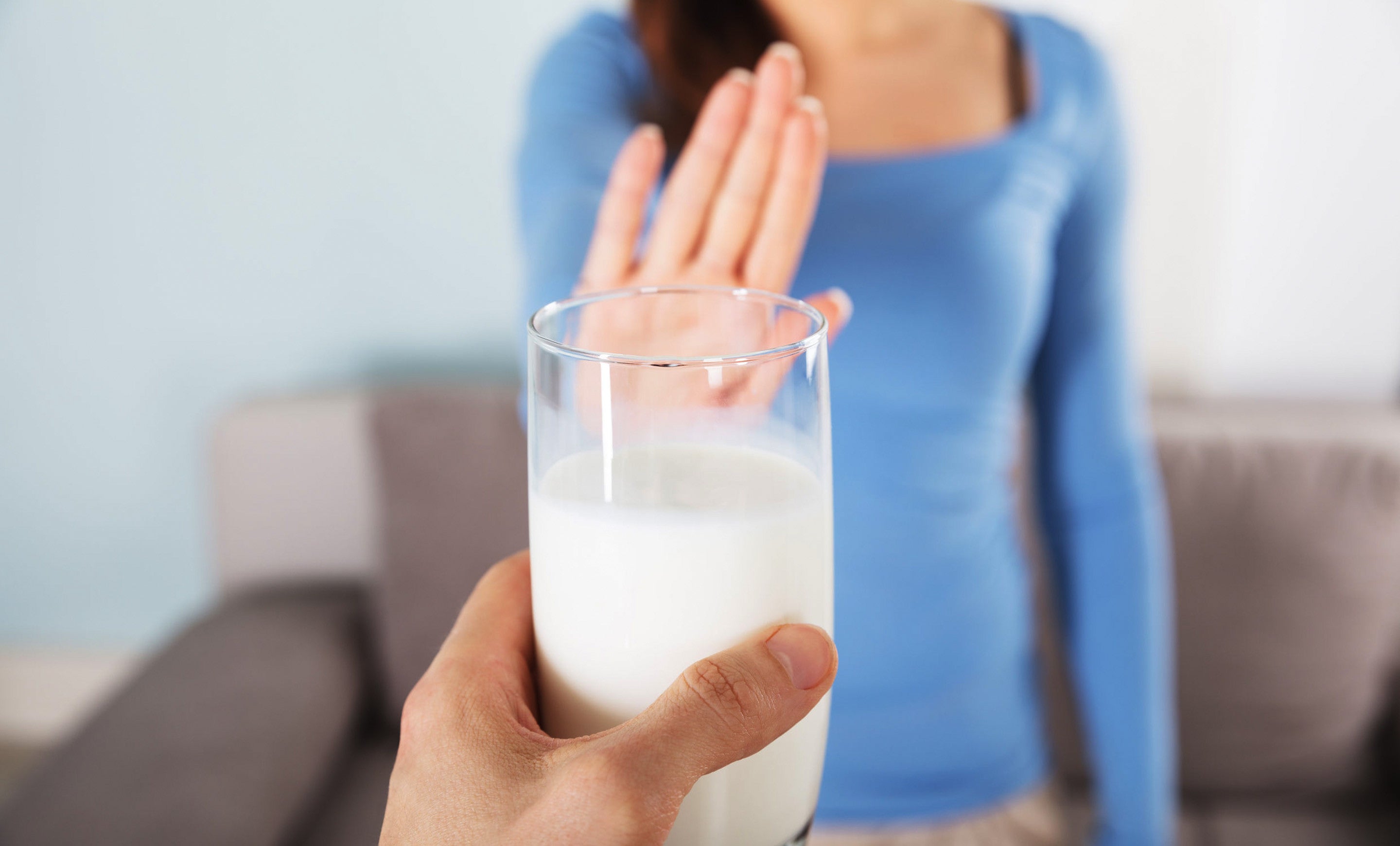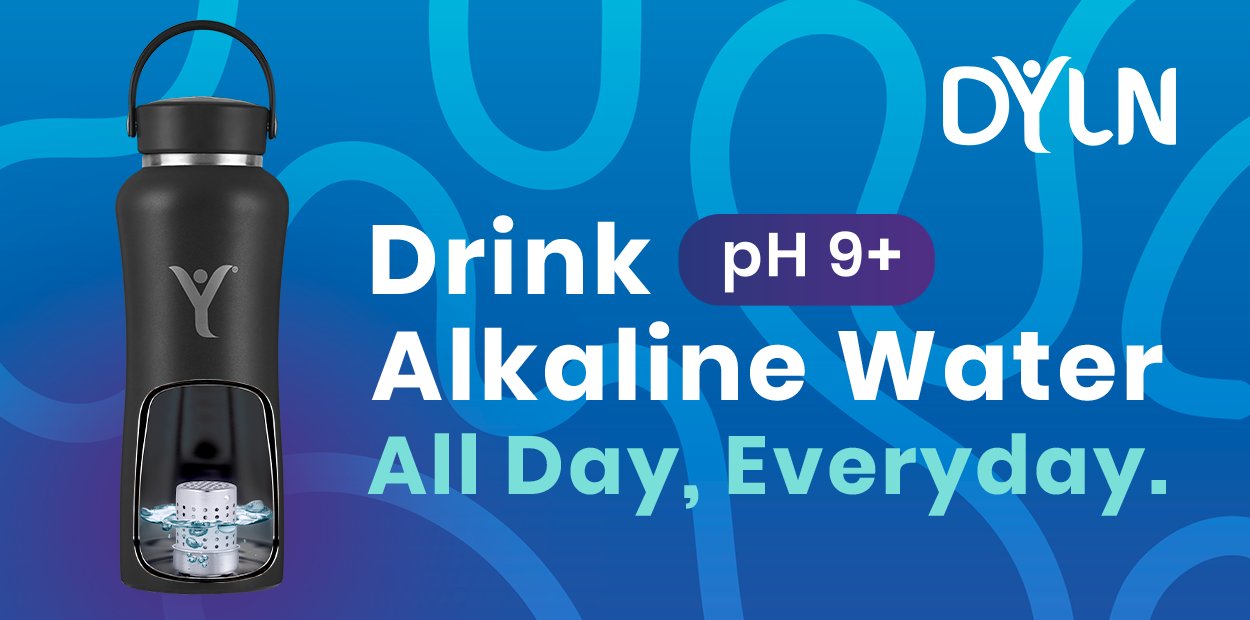Los productos lácteos, que incluyen leche de vaca, leche de cabra, queso, yogur, helado y mantequilla, se consideran un alimento básico en la dieta estadounidense. Los estudios muestran que, en promedio, los estadounidenses consumen la friolera de 20 galones de productos lácteos por año. Sin embargo, las tendencias de salud recientes indican que esas cifras están disminuyendo, ya que muchas personas están optando por no consumir productos lácteos. Exploremos cinco razones importantes por las que muchas personas están optando por omitir los productos lácteos de su dieta.
1. Alergia a los lácteos
Una alergia se produce cuando el sistema inmunitario reacciona ante un alimento inofensivo pensando que es peligroso y tratándolo como si fuera un virus. Esto puede provocar una serie de reacciones posibles, como inflamación, exceso de mucosidad, vómitos, diarrea, dificultad para respirar y más.
¿A qué somos alérgicos en los productos lácteos?
Hay dos proteínas diferentes en la leche de vaca que pueden provocar reacciones alérgicas:
- Caseína : Es la parte cuajada que se encuentra en la leche.
- Suero : La parte líquida de la leche una vez que se ha formado la cuajada.
¿Sabías que el 20% de los niños en Estados Unidos tienen alergia a los productos lácteos? Algunos atribuyen esta alergia a los procedimientos de fabricación de productos lácteos de la actualidad . Las dietas de las vacas están repletas de OGM presentes en el maíz y la soja y rociadas con más antibióticos y productos químicos que nunca.
2. Intolerancia a la lactosa

A diferencia de las alergias a la leche de vaca, la intolerancia a la lactosa se considera un trastorno digestivo . Esto sucede cuando el cuerpo carece de la cantidad necesaria de enzimas para digerir un azúcar llamado lactosa, que se encuentra en la leche. Algunos signos de intolerancia a la lactosa incluyen calambres abdominales, diarrea y gases abdominales. Es interesante notar que la intolerancia a la lactosa es una tendencia prominente en las comunidades minoritarias, ya que el 90% de los estadounidenses de origen asiático y el 70% de los estadounidenses de origen afroamericano padecen intolerancia a la lactosa .
El aumento de la intolerancia a la lactosa suele atribuirse al aumento del consumo de productos lácteos. Las personas nacen con una cantidad limitada de lactasa y, cuando se agota, se desarrolla una intolerancia.
3. Alergia al gluten
Según el Dr. Alessio Fasano, médico de investigación sobre la enfermedad celíaca, se estima que hay 18 millones de estadounidenses que tienen algún tipo de sensibilidad al gluten. Investigaciones posteriores indican que aproximadamente el 50 % de las personas alérgicas al gluten también tienen alergia a los productos lácteos. Esto se debe a que la proteína del gluten se parece a una de las proteínas que se encuentran en la leche. Por este motivo, muchas personas alérgicas al gluten optan por no consumir productos lácteos.
4. Dieta vegana

Como ya sabrás, eliminar los productos lácteos de tu dieta y estilo de vida es una parte esencial de la dieta vegana. Hoy en día, hay casi un millón de veganos en los Estados Unidos. Las razones por las que alguien decide ser vegano pueden variar desde razones ambientales hasta razones éticas o de salud. Esta tendencia alimentaria también se está volviendo cada vez más popular en todo el país.
5. Beneficios para la salud

Aparte de las alergias, intolerancias o elecciones de estilo de vida, muchos eligen no consumir productos lácteos porque simplemente creen que no son saludables.
Menor consumo de hormonas
En la industria láctea actual, las hormonas y el consumo de hormonas son inevitables. Hay dos hormonas diferentes que intervienen en la producción de leche: IGF-1 (factor de crecimiento similar a la insulina-1) y una hormona artificial llamada rBGH, que se utiliza para aumentar la producción de leche. En resumen, se utiliza una hormona sintética para aumentar una hormona natural que produce leche. El IGF-1 no solo se utiliza para producir leche de vaca, sino que también es un subproducto natural que se encuentra en la leche de vaca.
Si bien el IGF-1 se produce de forma natural, no es necesariamente bueno para el organismo. Los estudios indican que beber leche puede aumentar la cantidad de hormonas IGF-1 en el cuerpo en un 10 % y hay más pruebas que demuestran un vínculo entre el IGF -1 y un aumento del cáncer .
Reducir las enfermedades cardíacas
Al eliminar los productos lácteos de su dieta, puede reducir una cantidad significativa de grasas saturadas presentes en el helado, la leche, el queso y la mantequilla. Si bien el consumo de grasas saturadas es delicioso, aumenta la producción de colesterol, lo que aumenta las probabilidades de sufrir enfermedades cardíacas .
Menos dioxinas
Las dioxinas son pequeñas toxinas ambientales que se encuentran en el aire asociadas con la contaminación, se encuentran en los alimentos y no se eliminan fácilmente de nuestro cuerpo. Aproximadamente ¼ de las dioxinas de nuestro cuerpo provienen de los productos lácteos . Con el tiempo, pueden afectar el sistema inmunológico y el sistema reproductivo, y aumentar las probabilidades de padecer cáncer.
Conclusión
Como puedes ver, hay múltiples razones para omitir los productos lácteos de la dieta. Por experiencia propia, dejé de consumir productos lácteos porque quería ser vegana. Rápidamente noté que tenía mucha más energía, menos hinchazón, menos peso y, lo más importante, una mejora en mi piel. No tenía tantos brotes. Según mis amigos y familiares, estaba radiante. Dejar de consumir productos lácteos no fue tan difícil como muchos me habían hecho parecer. Por mucho que me encantara la leche y el queso, los beneficios superaban con creces las pérdidas.






